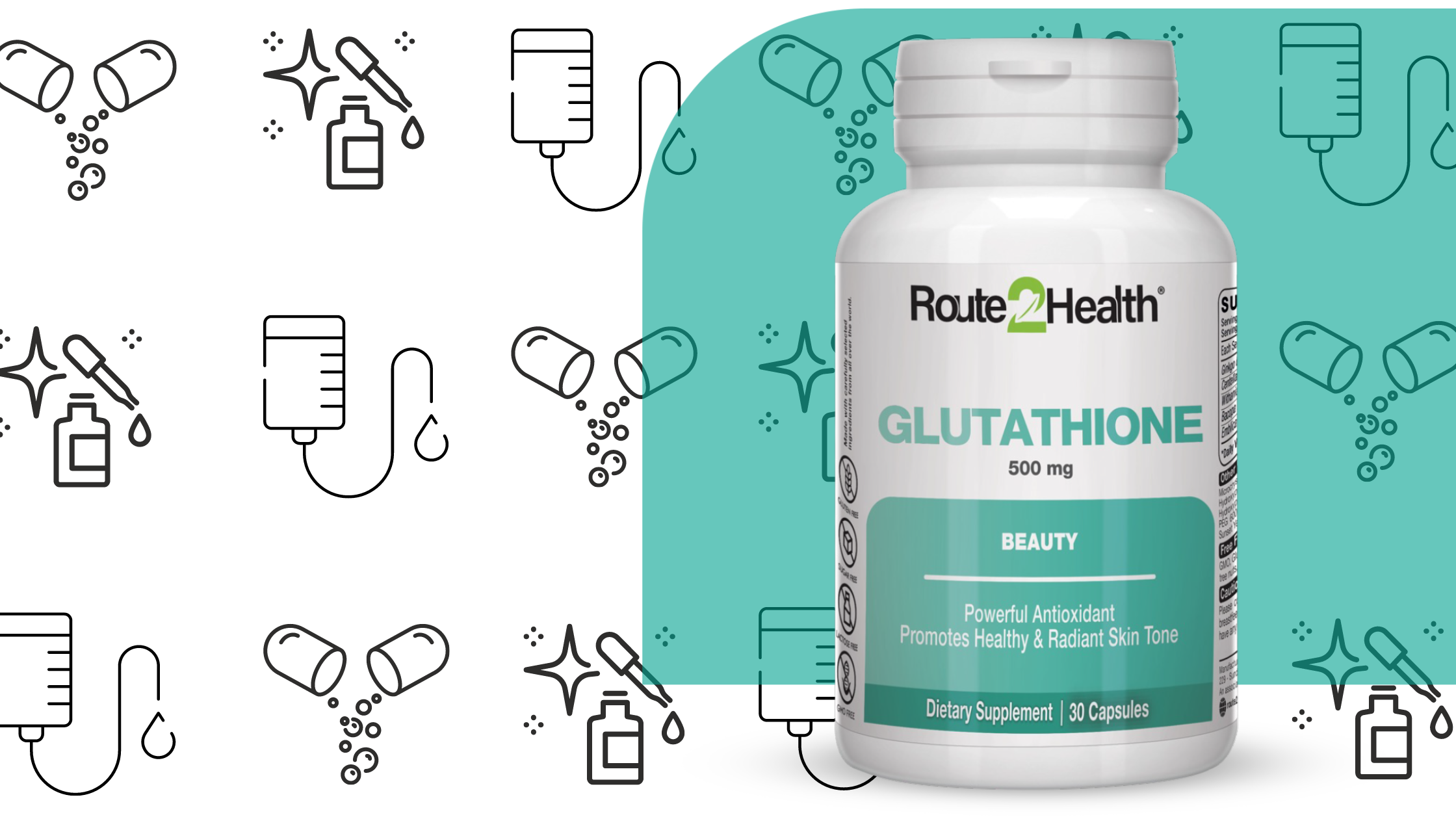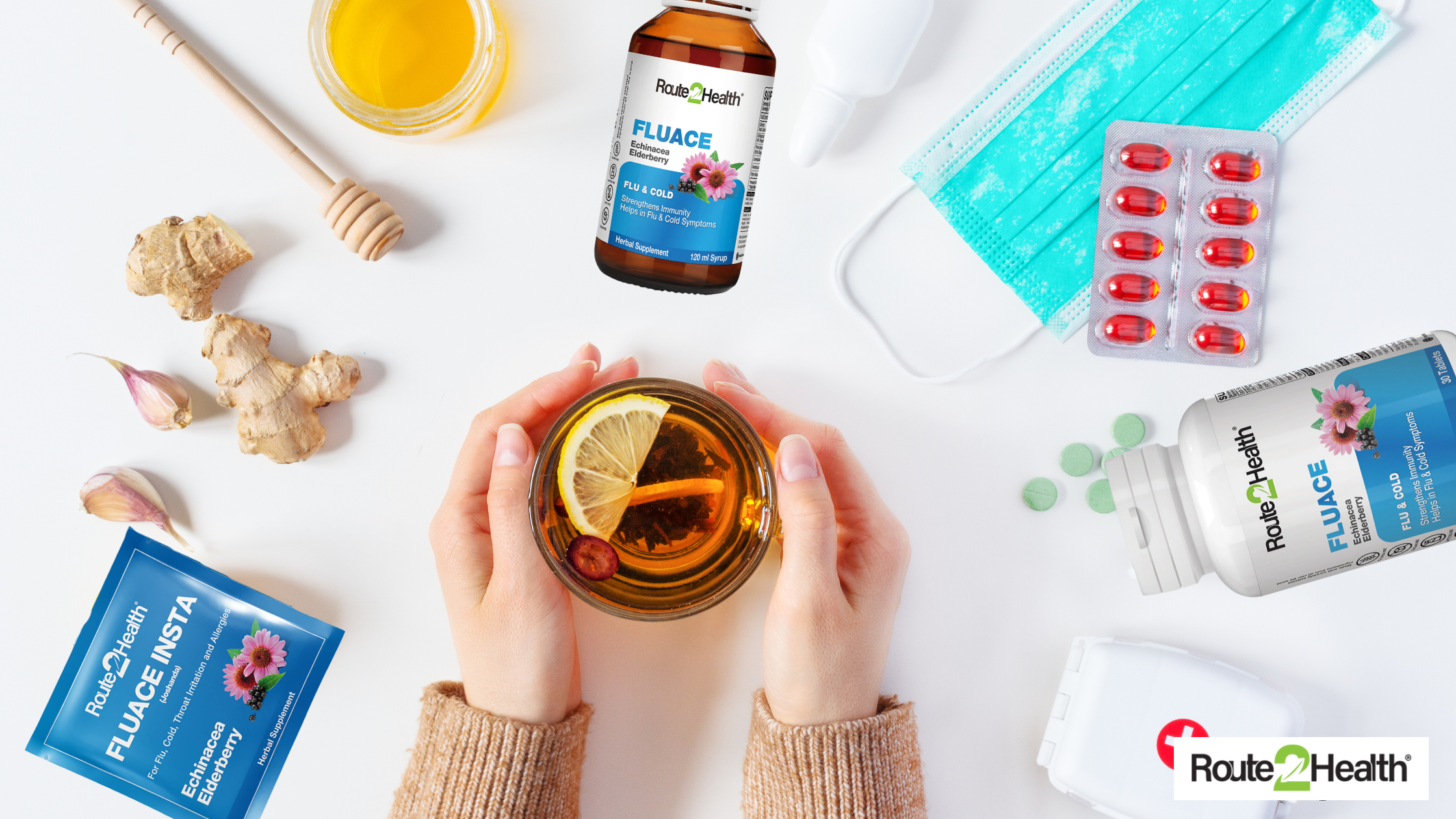
What Happens When You Stop Taking Glutathione?
Have you ever wondered what happens when you stop taking glutathione? Whether you're using it for skin whitening, detoxification, or its renowned antioxidant benefits, the idea of discontinuing glutathione might leave you with questions. Will your skin revert to its previous state? Could there be long-term effects on your health? This blog answers all your concerns with research-backed insights, so read on to find out.
What Is Glutathione?
Glutathione, often referred to as the "master antioxidant," is a naturally occurring molecule found in every cell of your body. It’s composed of three amino acids: glutamine, glycine, and cysteine. This antioxidant plays a critical role in:
- Neutralising harmful free radicals.
- Supporting liver detoxification.
- Boosting the immune system.
- Promoting skin health and evenness.
Glutathione is produced naturally in the body, but its levels can deplete due to ageing, stress, poor diet, and exposure to toxins. Many people turn to supplements to boost their glutathione levels for benefits like improved skin tone, better immunity, and enhanced detoxification.
What Happens When You Stop Taking Glutathione?
When you stop taking glutathione supplements, several changes can occur, depending on the reason you were using it and your body's natural ability to maintain glutathione levels. Here's what to expect:
1. Reversal of Skin Whitening Effects
One of the most popular uses of glutathione is for skin whitening. Research suggests that glutathione inhibits the enzyme tyrosinase, which reduces melanin production, leading to brighter and even-toned skin. However, when supplementation is discontinued:
- Melanin production may gradually return to normal levels.
- Your skin might slowly regain its original tone, depending on factors like sun exposure and genetics.
2. Reduced Antioxidant Defence
Glutathione is a key antioxidant that protects your cells from oxidative stress. If your body is unable to produce sufficient glutathione naturally after you stop supplementation:
- You may experience increased oxidative damage, which is linked to ageing, inflammation, and chronic diseases.
- Those with pre-existing conditions or a poor diet might feel the effects more acutely.
3. Impaired Detoxification
The liver relies heavily on glutathione to detoxify harmful substances. Studies show that glutathione plays a crucial role in phase II detoxification processes, where toxins are neutralised and prepared for elimination. Without adequate levels:
- Toxin buildup in the liver may lead to fatigue, brain fog, and a general feeling of unwellness.
- People exposed to environmental toxins or alcohol may notice a greater impact.
4. Weakened Immune System
Glutathione supports immune function by helping white blood cells function optimally. A decrease in glutathione levels after stopping supplements may result in:
- Increased susceptibility to infections.
- Slower recovery from illnesses.
5. Return of Chronic Symptoms
If you were using glutathione for managing conditions like arthritis, asthma, or chronic fatigue, symptoms might resurface after discontinuing supplementation. This is because glutathione helps reduce inflammation and oxidative damage, key contributors to these conditions.
6. Mental Fog and Fatigue
Low glutathione levels can impact brain function. Research indicates that oxidative stress in the brain, caused by glutathione deficiency, is linked to mental fatigue and neurodegenerative diseases. After stopping glutathione, you might feel less sharp or more tired.
How to Mitigate the Effects of Stopping Glutathione?
If you decide to stop taking glutathione supplements, there are ways to support your body naturally:
- Eat Glutathione-Rich Foods: Include foods like spinach, broccoli, and avocados in your diet. These are natural sources of glutathione.
- Boost Precursors: Increase intake of cysteine, glycine, and glutamine through protein-rich foods like eggs and poultry.
- Exercise Regularly: Moderate physical activity has been shown to boost glutathione production.
- Avoid Toxins: Limit alcohol, smoking, and processed foods to reduce oxidative stress on your body.
Conclusion
Stopping glutathione supplements can result in a gradual reversal of benefits like skin whitening, reduced oxidative stress, and enhanced immunity. However, you can mitigate these effects by adopting a healthy lifestyle and supporting your body’s natural glutathione production.
For those looking to maintain optimal levels, Glutathione 500mg by Route2Health is a reliable supplement that ensures lasting results.
Take charge of your health today and continue enjoying the numerous benefits of glutathione with Route2Health!
FAQs
1. Can stopping glutathione cause side effects?
No significant withdrawal effects are reported when stopping glutathione. However, some benefits, like skin whitening or improved detoxification, may gradually diminish.
2. How long does it take for the effects of glutathione to wear off?
The time varies depending on your body and the duration of supplementation. For skin whitening, changes may become noticeable within a few weeks to months.
3. Can I naturally maintain glutathione levels after stopping supplements?
Yes, by eating glutathione-rich foods, exercising, and avoiding toxins, you can support natural glutathione production.
4. Will my skin return to its original tone after stopping glutathione?
Yes, over time, melanin production resumes, which can lead to a gradual return to your natural skin tone.
5. Can I take glutathione supplements long-term?
Yes, glutathione is safe for long-term use when taken as directed. It’s always best to consult your healthcare provider for personalised advice.























































